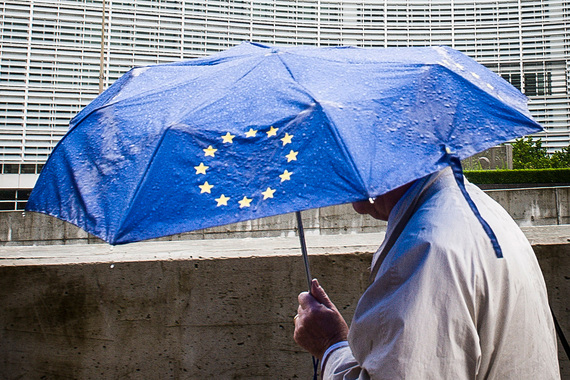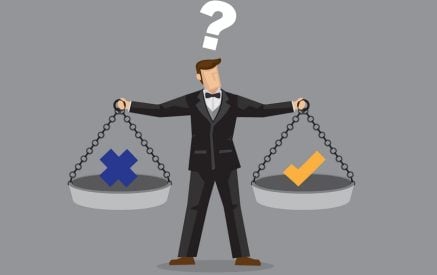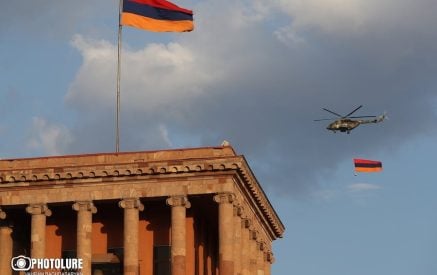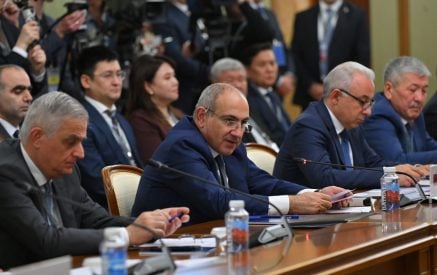The sides seem not to passing the path of “their share”
Last week, Vice-President of the European Commission, Federica Mogherini, visited Armenia. During the visit, the EU official spoke of the Armenia-EU relations in highly diplomatic language but the visit in itself has awakened some hope that in the framework of the “Eastern Partnership”, the negotiations between our country and the European Union will receive a new impetus.
So far, there is an impression that the talks begun on December 7 last year are in a standby mode. By whose fault? I think by both sides. First of all, perhaps, it should be noted that Russia does no longer hamper for our country to sign an agreement with the EU on the economic component, as long as it does not contradict the EaEU, and on the political component as much as we and the Europeans want. So, it is not fair to blame Russia on this. Moreover, to be completely honest, it should be noted that in the autumn of 2013, the problem of “either-or” was put before us not by Russia but the EU. Now, the Europeans seem to become more flexible. Apparently, they think that it is better to have some minimum impact in the “Russian outpost” than to completely leave it as the “big brother’s” military-political territory.
Why has Russia become more tolerant towards the European projects of its “little brother”? Firstly, because RF leadership’s “head is in a mess” and is busy with other more important problems. Secondly, because it seems to the Russian elite that numerous military-economic levels are sufficient to maintain a full effect on Armenia. Europe uses the politics of “soft power”, trying to influence the public sector. Russia is using a tough pressure by the style of “Diamond Hand” household management, “if you do not do what we want, we will turn off the gas.” Russian serious analysts realize the need to communicate with the public of Armenia, for instance, Sergey Markedonov. But so far, these forms of “communication” remind of the propaganda of the communist “square” of the previous era, which has only one message “you’re lost without us.” Certainly, to make the final conclusions, we must have an in-depth sociological and political-scientific analysis, but my impression is that Russia’s civilization and cultural influence on our country is weakened over the last 25 years, and one of the reasons is this “squarability”.
Read also
Back to the question of why the negotiations on Armenia-EU new agreement do not produce a result (or perhaps are postponed for an indefinite term), it can be stated that, as they say, “There is no enthusiasm” by the European side. Firstly, Europe itself also has a lot of “sorrows” that are more important for it than the fate of the 6 post-Soviet countries of the “Eastern Partnership”. Secondly, the “architects” of the project: Carl Bildt and Radosław Sikorski are no longer the Foreign Ministers of Sweden and Poland. The Swedish diplomat has become an advisor of the Russian oligarch Mikhail Friedman (Irony of Fate), and the post of Foreign Minister of Poland currently occupied by Vitold Vashchikovsky recently announced that the “Eastern Partnership” program has failed. It is also an exaggeration (from the series of “the previous government was doing everything wrong”) but there is a grain of truth in the judgments of this official, in the sense that the EU has a problem to better understand what the mentioned 6 countries want.
One of these countries is we, Armenia. But we ourselves have not understood both public and diplomatic level of what we want, and in my opinion, one of the reasons for the slowdown of negotiations is this. If the only problem is the visa-free regime, we must focus on it. But perhaps, it is not so much a principle issue. If the problem of state and public (also, “opposition”) institutions is to “extort money” from the EU, then it is their job, let them deal with it. For me, Europe is the choice of civilization and value, a culture to treat with the work, people, society and the state, and here, I and those who think like me have a lot to learn. This is what I expect for Armenia-EU cooperation.
Aram ABRAHAMYAN























































